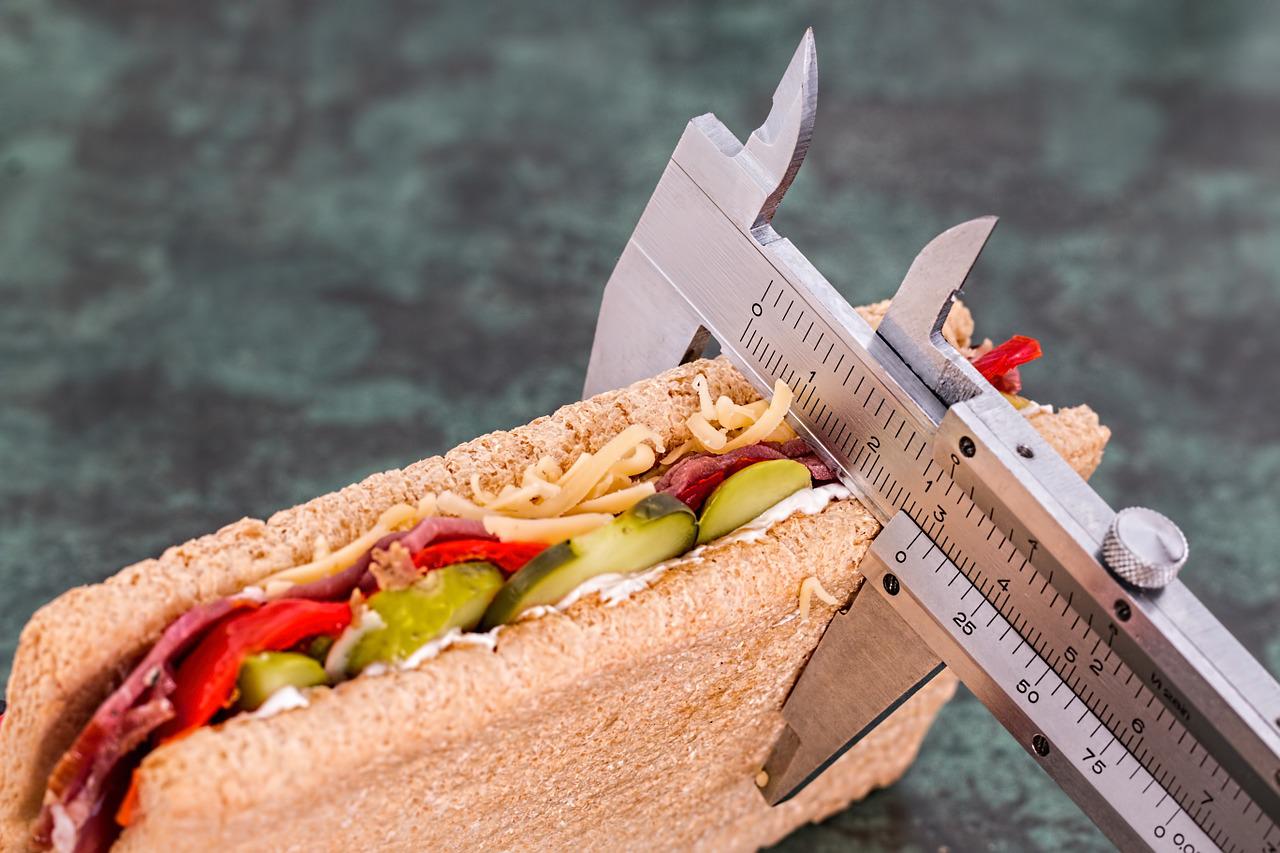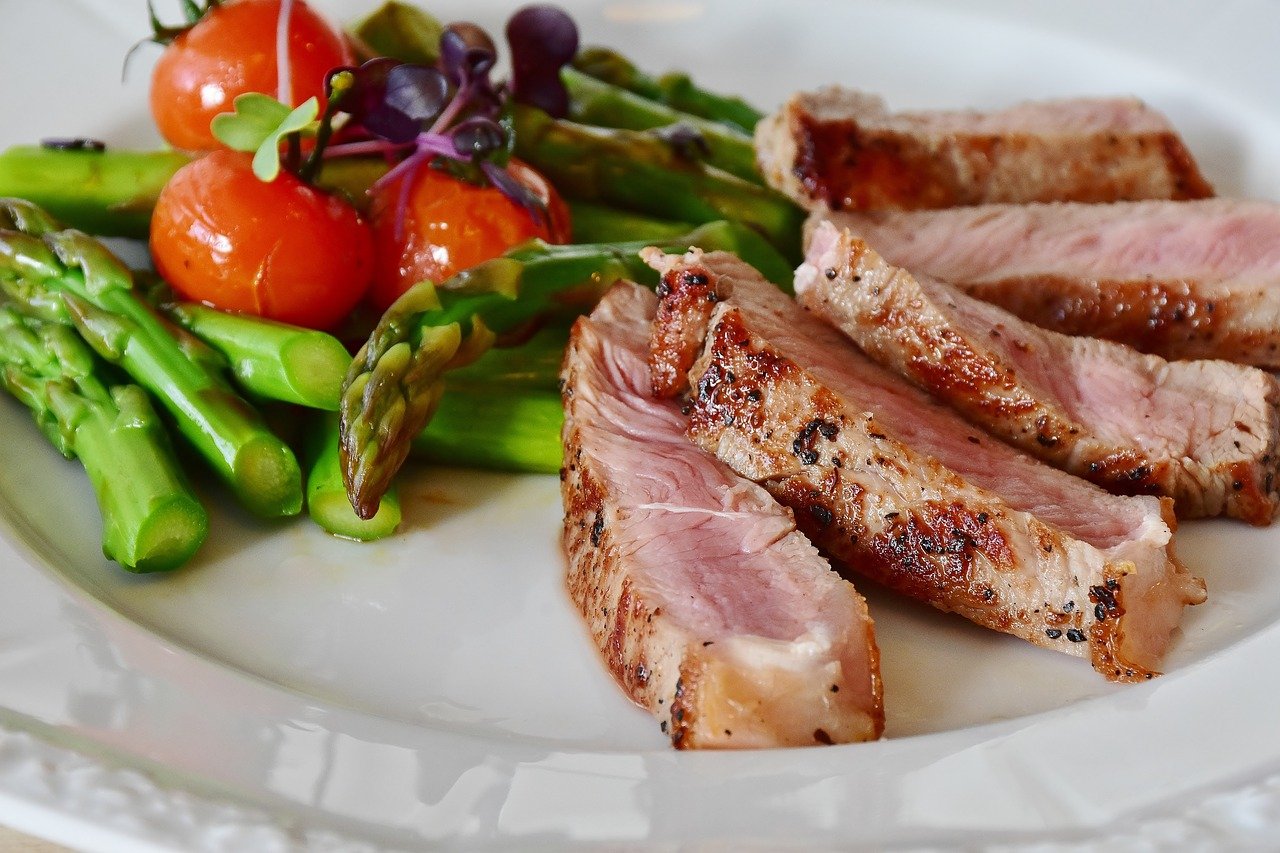Clickbank Promo Tools
Are you sometimes so busy that you forget to eat? Are you skipping lunch because you’re trying to cut calories? A recent study adds to the evidence that skipping meals can be risky.
Ohio State University researchers compared two groups of mice. One group ate throughout the day while the other had to eat their food in a single portion. The mice that skipped meals showed increased abdominal fat and prediabetes.
The reason appears to be related to fluctuations in insulin and glucose. When metabolism is disrupted, you are more likely to gain fat.
There can also be various other disadvantages. Spending hours on an empty stomach can lead to later binge eating and cravings for sweet and salty junk food. You may also feel more tired and irritable.
Stay well-nourished throughout the day. Try these smarter alternatives to skipping meals.
How to Eat Healthy on Busy Days:
1. Plan the menus. You’re more likely to make wise choices if you decide ahead of time what you want to eat. Make a balanced list of snacks and meals for the next week or days.
2. Bring snacks. Keep nutrient-dense foods and beverages on hand. Keep packets of nuts and seeds in a desk drawer. Bring a cooler of yoghurt and protein shakes for your car.
3. Stay Social. When time is limited, you may find it difficult to maintain healthy habits and spend time with family and friends. Achieve both at the same time by enjoying meals together.
4. Master Quick Recipes. Make faster meal preparation. Build a library of recipes you can prepare in 20 minutes or less, like salads and stir-fries. Use shortcuts like frozen veggies and store-bought sauces.
5. Stock Up Your Freezer. Cook in large portions so you can eat one meal right away and save the rest for later. Label and freeze individual servings of Spinach Chili Bean Lasagna.
6. Organize Your Kitchen. Rearranging your cabinets and countertops can get dinner on the table faster. Remove condiments and equipment that you rarely use. Create functional areas for cutting vegetables and maximize storage space.
7. Set Realistic Goals. If you rarely sit down to eat, you may be trying to overdo it. Identify your top priorities and narrow down the rest of your to-do list.
How to Eat Healthy When You’re Trying to Lose Weight:
1. Fast Carefully. You may be wondering the difference between skipping meals and intermittent fasting, which can be safe and beneficial for many adults. You may be able to fast by avoiding nutritional deficiencies and adjusting your activity level. Talk to your doctor about your individual needs.
2. Consume More Fiber. When you do eat, focus on whole foods that satisfy your
hunger with relatively few calories. That includes most vegetables, fruits, beans,
and brown rice.
3. Increase Your Protein. Protein-rich foods are another natural appetite suppressant. Compared to carbohydrates and fats, your body also uses more calories to digest them. Add some protein to every meal and snack.
4. Rely On Substitutes. What can you do when you start craving your favourite junk food? Try to find healthier ways to satisfy your taste buds. Replace fries with popcorn or roasted chickpeas. Snack on frozen fruit popsicles instead
of candy or cake.
5. Stay Hydrated. It’s easy to confuse thirst with hunger. Drink water before, after and during each meal.
Exercise. While your diet plays the biggest role in losing weight, exercise also counts. Aim for at least 150 minutes of moderate-intensity exercise every week.
Make regular meals a priority, even if you’re in a hurry or losing weight. You’ll feel more energetic and help your body burn calories more efficiently.
Clickbank Marketing Tools
This website may contain affiliate links. When you click links on this site and make purchases, we may earn a small commission. This helps in the maintenance of the site and to bring more useful content at no extra cost to you.








